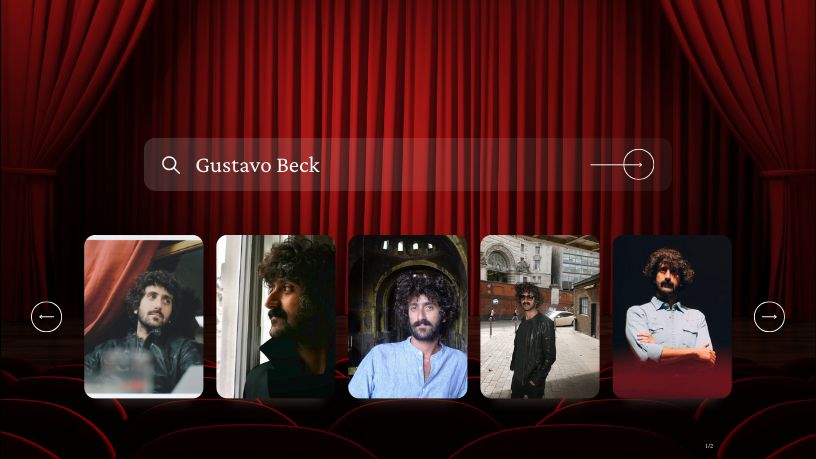For Gustavo Beck, film curator, cinematheques are essential for a film education in Brazil, because it is in these spaces that people can learn about the appreciation of cinema and national history. In this article, we will present a little more about this subject, understanding the contribution of cinematheques to film education. Continue reading to learn more.
Promotion of film education in Brazil
According to Gustavo Beck, film curator and recognized expert, the cinematheques play a very important role in the preservation and promotion of film education in Brazil, contributing in many ways to cultural enrichment and the development of understanding about the so-called seventh art. For this reason, in the course of this article, we will explore the reasons and reasons why cinematheques are so important to our country.
How many movies are there in Brazil?
As Gustavo Beck explains, the cinematheques are traditional legacies of many Latin American countries, such as Brazil, which has two main cinematheques, one in Rio de Janeiro and another in São Paulo. Within this subject, it should be noted that the Cinematheque of the Museum of Modern Art (MAM) in Rio de Janeiro and the Brazilian Cinematheque in São Paulo often face recurring crises due to chronic lack of funding.
In addition to these two main ones, Brazil houses other smaller-sized cinematheques, the most notable being the Guido Viaro Museum in Curitiba, a space that is well worth knowing to understand a little more about the history of cinema, as pointed out by the expert Gustavo Beck. Having said that, let’s dive into the subject of the importance and contribution of cinematheques to Brazil.
The importance and contribution of cinematheques to film education
Preservation of film heritage
According to film curator Gustavo Beck, the cinematheques act as true guardians of film heritage, preserving national and international works. In general, these spaces play a very important role in the conservation of films that without this care could be lost and forgotten, compromising a part of history.
Access to the history of cinema
In addition to the notorious heritage preservation, cinematheques are also incredible sources of valuable access to film history, allowing students and enthusiasts to explore films from the early days to contemporary productions. This contributes to a more complete and contextualized understanding of the cinematic evolution of Brazil.
Educational programming
Another point that highlights the importance of cinematheques and that contributes directly to film education, are the constant educational programs, including exhibitions, courses and workshops. As Gustavo Beck alludes, these activities are essential to promote a greater understanding of cinema as a form of art and cultural expression.
Support for academic research
According to scholars and researchers, the cinematheques are true treasures for conducting research and studies in Brazilian and world cinema, being spaces that contribute very significantly to the academic production in the country, access to specific archives and collections is fundamental for further research.
Promotion of cultural diversity
As Gustavo Beck, curator and film expert, explains, many people can’t imagine, but cinematheques play a very important role in promoting cultural diversity by showing a variety of films from different regions and periods. This contributes to a broader understanding of the diverse cultures represented through cinematic language.
Critical training for the public
The existence of cinematheques, as Gustavo Beck comments, promotes critical training for the public, especially by offering a variety of films, promoting critical analysis, contributing to people having a more accurate and sensitive look at cinematographic works. This contribution is important for the recognition of cinema as an art.
Collaboration with educational institutions
Finally, cinematheques contribute significantly to educational institutions, providing and facilitating access to knowledge and enrichment of film course curricula throughout Brazil. As Gustavo Beck points out, this collaboration creates a fundamental bridge between the academic universe and the more practical world of cinema.
In conclusion, we can observe that cinematheques are essential for the promotion of film education in Brazil, being very rich and fundamental spaces for the promotion of cinema as a work of art, in addition to preserving the history of the seventh art, contributing to the cultural expression of our people. Did you enjoy hearing about the role of the cinematheques?






